Shared passion, better future was a series we ran in the Irish Farmers Journal over the last year. Its aim was to sow the seeds of new and better ways to farm together and to get people talking about the whole topic of succession planning.
From the start of the series, I tried to look at the issues from both sides of the table – the older and younger generations.
I found myself in Nenagh last week, talking to 200 people at a seminar about farm succession. It was interesting because it was organised by New Futures Farming Group. Founded back in 2006, their starting aim was to help each other learn and enjoy themselves, but this has clearly grown into something bigger.
It’s made up of male and female members, all from different farming enterprises. Catherine Guest, who chaired the meeting, said: “Farmers are employed in what can be one of the most isolated occupations.”
So getting out to the monthly meetings and trips takes on a new dimension. It’s a concept that has won awards such as the Irish Rural Link Award in May this year.
All done voluntarily, they certainly have a shared passion and by running such seminars they want to ensure that all farmers will have a better future. It’s about helping each other.
At the seminar, Seamus Quigley told the story of how he and his wife Monica grew their business after inheriting 26 hectares from his uncle when he was young: “We paid the taxes, bought cows and milk quota and got up to 100 cows, but we needed to take the next jump to grow the business,” said Seamus.
After visiting New Zealand, he knew he would have to be mobile to grow their business. It saw them take out a 20-year lease in 1998 on a large farm in Loughrea Co Galway.
“We developed it with the owners and have grown the overall business to milking 550 crossbred cows on two farms.”
To do this, they worked in partnership with another farmer along the way.
Seamus says that the key to working with others is having respect, trust and honesty.
“You should take time to get to know the people you want to work with. There should also be an exit strategy developed in case things don’t work out. It has to be a win-win situation for all involved,” he said.
Seamus is optimistic about the future of dairying despite the short-term milk price drop. He urged farmers to start giving young people responsibility earlier on to allow them to grow.
Aisling Meehan, Irish Farmers Journal solicitor, went through the pros and cons of different ways for farmers working together.
“New partnership rules are being developed by the Department and will be in place next year. They will be much more farmer friendly, with less obstacles for people who want to work together,” she said.
Teagasc is also developing a template for sharemilking that should provide increased opportunities for people to work together.
Seamus said: “The Government is obviously behind partnerships, but one thing that has to be lifted is the restrictions that farmers are only allowed to be in one partnership,” said Seamus.
I agree. You would think that encouraging farmers who had experience in partnerships and the resources to work with other farmers would increase the chances of success. Partnerships are still a new concept in Ireland and need to be continually encouraged.
The main part of the evening was on discussing the area of succession planning. As I listened to Aisling go through all the taxes and implications of what farmers can do, I started to look at it through the older generations’ eyes. The area is very complicated. It is a major decision to hand over what they have worked hard all their lives for and what many continue to work for.
Firstly, there is deciding who to give it to. This could be an easy option for some, but it was obvious from the questions that many found it hard to answer. The best advice was to start with the conversation of what each family member wants. This could change your thinking.
Secondly, get advice on the legal and tax implications. With the thresholds for children halved to €225,000 over recent years, getting agricultural relief or business relief becomes even more important. Retirement relief is not to be forgotten to ensure the farmer handing over is not left with a capital gains tax bill.
Finally, make sure you have enough money to live off during your old age. One comment from the crowd was that with the cost of living increasing, many older people find themselves in poverty as they have handed over all their assets without realising the implications. This is increased by the fact that people are living longer and often need nursing home care.
The situation where assets are taken into account under the Fair Deal scheme is complicating the decision for many. It was obvious that each person wanted to discuss their own situation. Teagasc is holding a series of succession planning workshops where people can talk with solicitors and tax experts. Contact your local Teagasc office for one close to you.
The Budget next week is due to bring major changes in a lot of the areas that were discussed on the night. While Minister for Finance Michael Noonan did confirm earlier in the year that the 90% agriculture relief is safe, there will be changes that will impact people’s decisions in this area. Long-term land leases will be incentivised over conacre, but there could also be concession for family members who are leasing the land.
The New Futures Group has added to the conversation of succession planning, but all families need to look at their own situation.
The changes in the Budget next week should be used as a catalyst as it will let many plan for a better future for all.




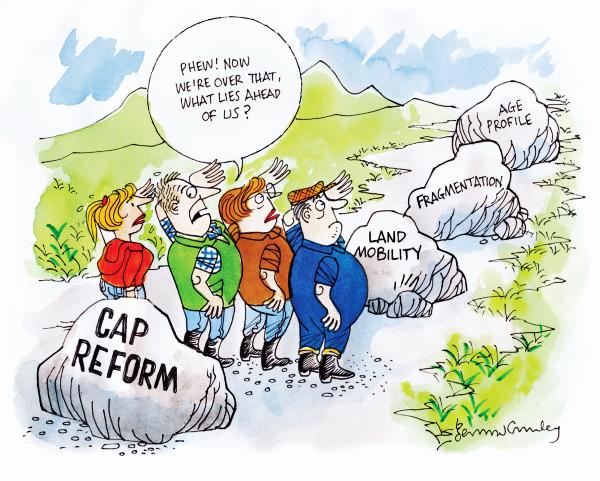
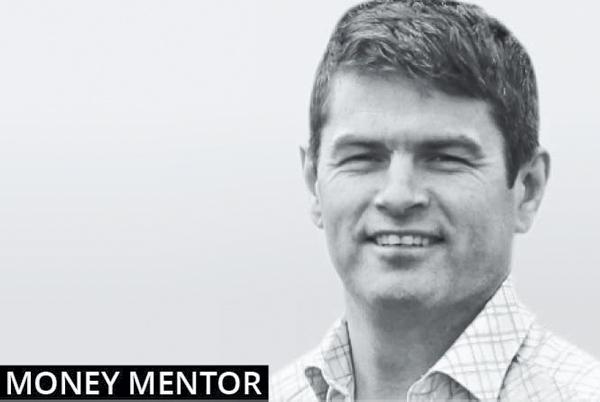


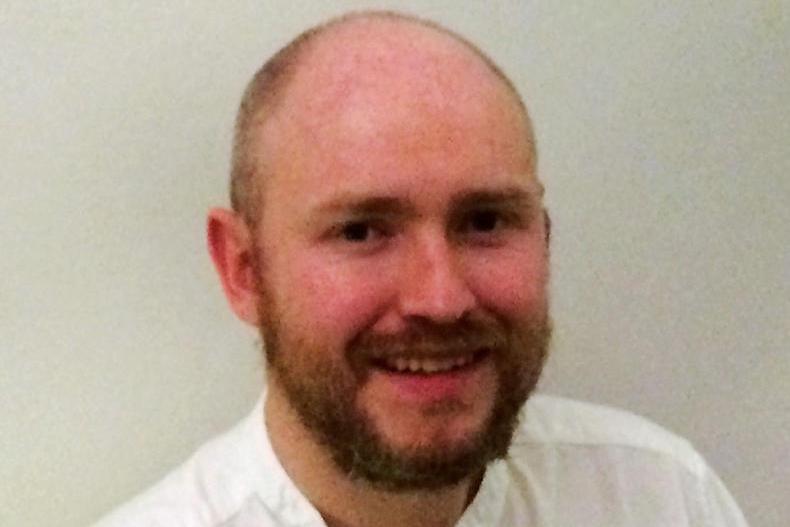
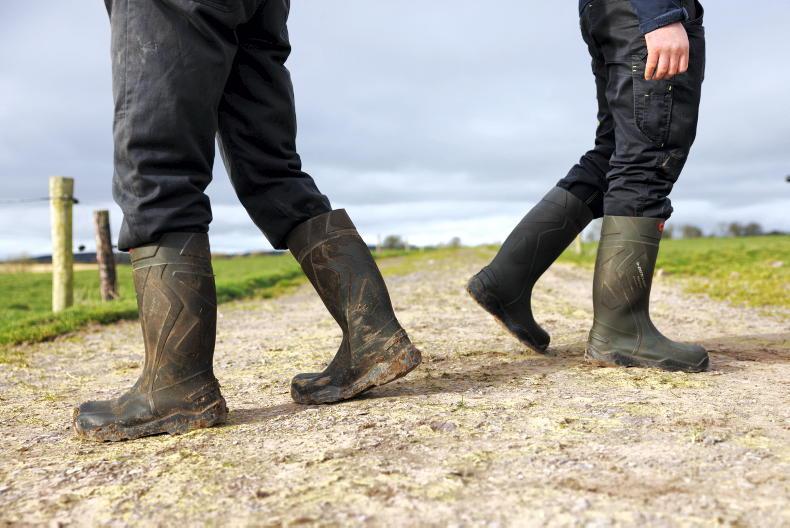
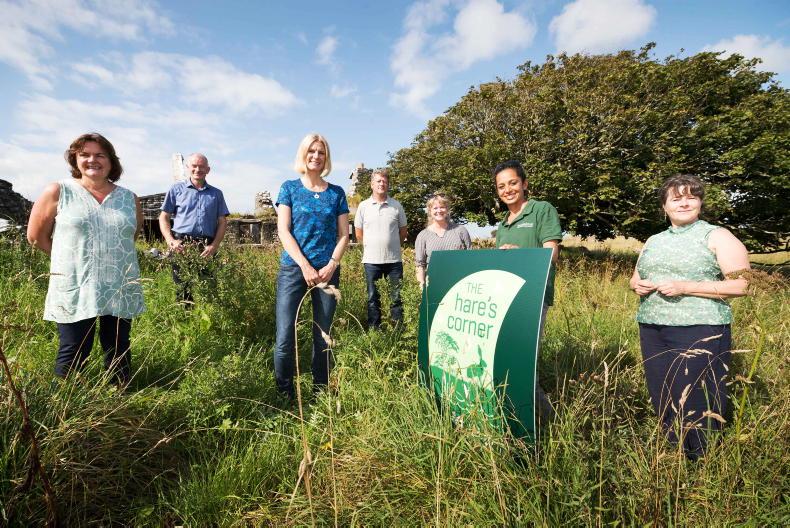
SHARING OPTIONS